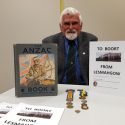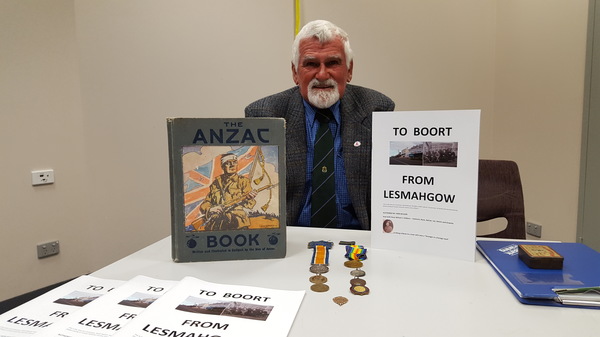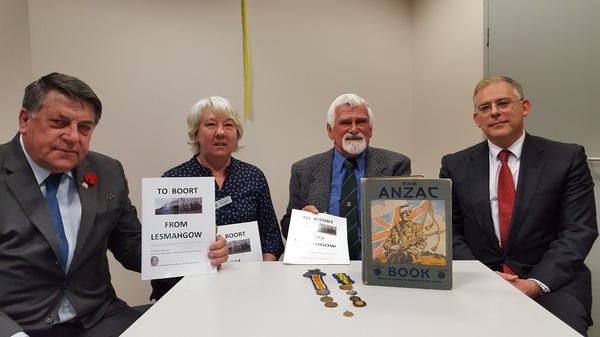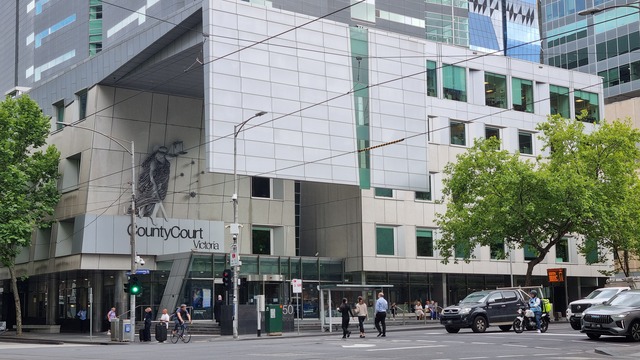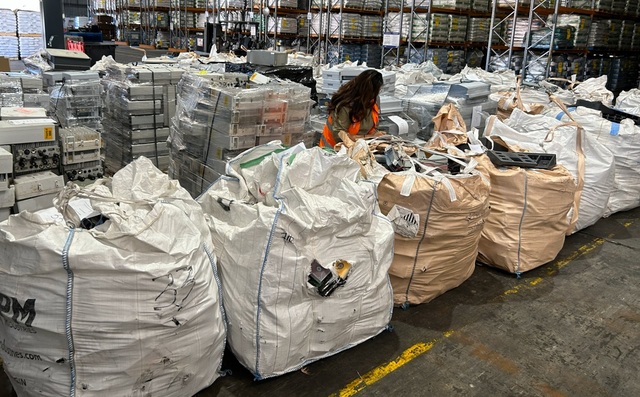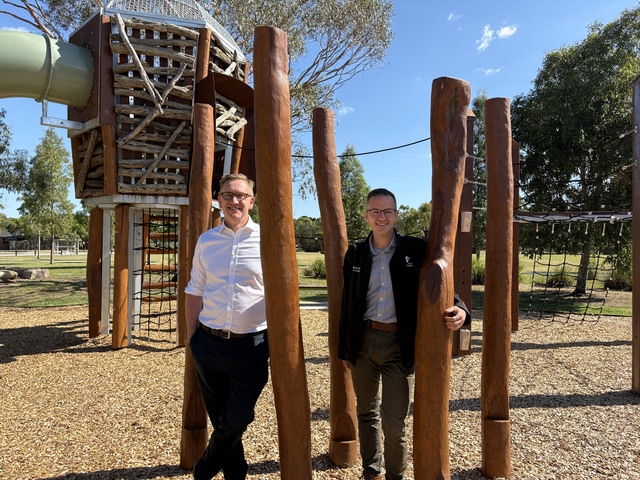By Cam Lucadou-Wells
Thirty years after his father died, former Casey mayor Rob Wilson decided it was time to immortalise an epic life.
In his self-published book To Boort from Lesmahagow, Mr Wilson chronicled his father David’s life growing up on a Scottish dairy farm, serving with the Scottish infantry in World War I and subsequent peace-keeping, and raising a family in trying times in Australia.
During the task, the Narre Warren author delved into 150 years of family history.
He collected meticulous diary notes of his uncle Jimmy who served in David’s WWI unit, as well as treasured medals, fresh-faced photos and memorabilia from his father’s military service.
He said he knew a lot about his vibrant father through an interview in 1976 but felt an urge to write down what was in his head “before it was too late”.
This thorough “living history” was complemented by written tributes from David’s other children Val, Rose, Adrian, Ian, Kelvin and Graeme to paint a portrait of a “stranger in a foreign land”.
At the book launch on 2 November, Dandenong-Cranbourne RSL president John Wells said biographies like this give people a “sense of who we can be”.
If faced with hardships such as war, drought or a Great Depression, how much courage would be still in this country, Mr Wells pondered.
“The answer is there is as much as there ever was.”
Holt MP Anthony Byrne said such family histories stood as important records of the past for future generations.
“I encourage others to follow your example,” he told Mr Wilson.
Mr Wilson made the point that his father – perhaps because he was struck by “the rod” as a child and witnessed the so-called Great War’s horrors – never laid a hand on his children.
David had enlisted underage, as a 17-year-old, in the Royal Lowland Scottish Infantry and became a Lewis gunner – manning a primitive machine gun.
Mr Wilson tells of how the Scottish Highlanders, in their kilts, had their legs badly burnt by the corrosive mustard gas unleashed on the battlefields.
Fortunately for David, as a lowlander, he wore pants.
From uncle Jimmy’s notes, Mr Wilson lists the exotic towns in Egypt, Palestine, France and Belgium where the two brothers served for four years – including a year of peace-keeping.
Rarely did their unit settle in a place for more than a month, often they moved on within a couple of days.
Mr Wilson coloured his book with some wartime memories of his father, such as the all too bitter coffee in France and Belgium, the sweetest oranges in Jaffa or the painful use of pliers to ‘soothe’ a toothache.
He also researched the efforts of the 52nd Lowland Division in a successful surprise attack on the Ottoman army in Gaza, Palestine, on 1 November 1917 – attaching a letter by General Edmund Allenby praising his troops weeks later.
“By real hard fighting, determination, and Scottish pluck during two months you have won yourselves a great name,” the general wrote.
“By drunkenness and insubordination you can lose that fine name in hours!!!”
The book then follows David’s hard-working life, raising a family with wife Julie in Boort through the Great Depression and World War II.
During that war, David became a virtual Sergeant Major who trained Boort’s civilians to defend their town. The street lights were blacked out and street signs taken down – in case of invasion, Mr Wilson writes.
After the war, David and Julie moved to Melbourne’s south east where they remained for the rest of their lives.
Copies of the book have been presented to Lynne Bradley on behalf of Narre Warren Family History Group as well as Narre Warren Library.

